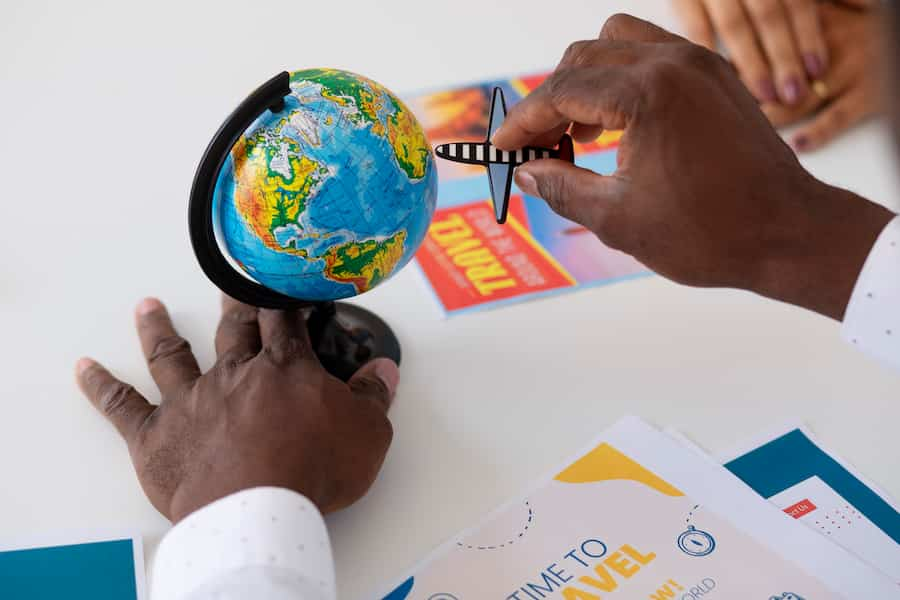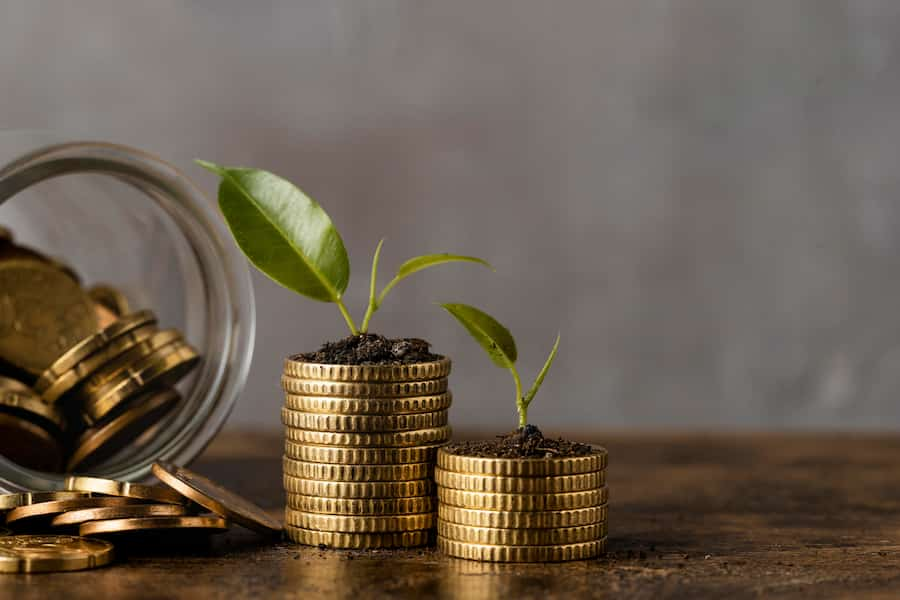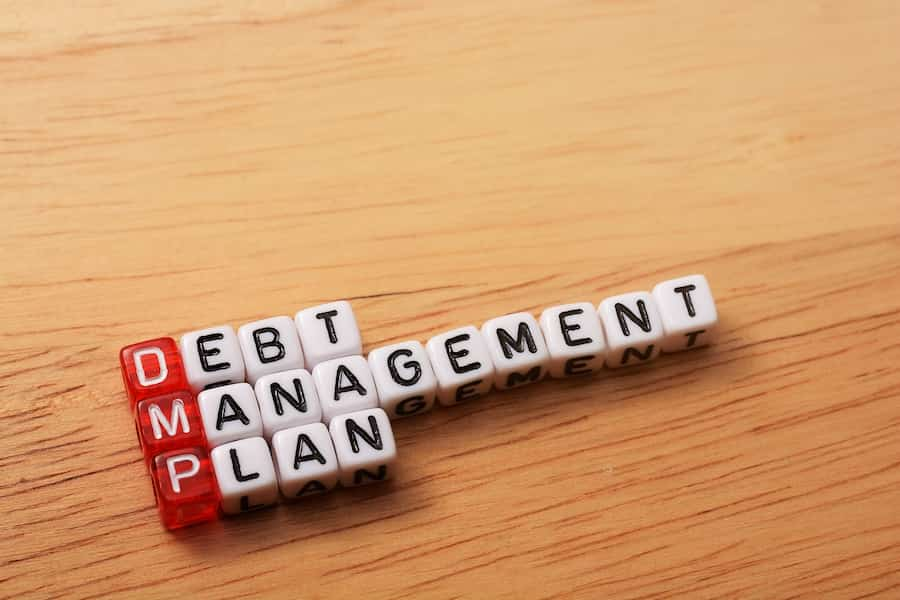
Mchakato wa Mfumo wa EPR nchini Kenya na Athari Zake kwa Biashara
Kenya ilianzisha Mfumo wa Uwajibikaji wa Watengenezaji (EPR) kama sehemu muhimu ya Sheria ya Usimamizi Endelevu wa Taka ya mwaka 2022. Mfumo huu unalenga kuwawajibisha watengenezaji kubeba jukumu la athari za mazingira zinazotokana na bidhaa zao, hata baada ya matumizi. Hii inajumuisha mchakato mzima wa maisha ya bidhaa, kuanzia katika hatua za muundo na utengenezaji hadi usimamizi wa taka.
Katika mfumo huu, watengenezaji wanapaswa kuhakikisha kwamba bidhaa na vifungashio vyao vinaweza kutumika tena, kusindikwa, au kutupwa salama. Pia, ni wajibu wao kuanzisha mifumo ya kukusanya na kusimamia taka zinazozalishwa na bidhaa zao. Kampuni zinaweza kuchagua kuunda mipango yao ya usimamizi wa taka au kushirikiana na mashirika yanayoitwa Producer Responsibility Organizations (PROs) kwa usimamizi bora wa taka.
Mfumo huu unakisiwa kuwa na athari kadhaa muhimu. Kwanza, biashara, hasa zinazohusika na utengenezaji, zinaweza kukabiliwa na ongezeko la gharama kutokana na mahitaji ya kusimamia taka. Pili, kampuni za kigeni zitahitaji kufuata kanuni za EPR ili kuweza kuingia sokoni Kenya, na kama haziwezi kufanya hivyo, zitakumbwa na vizuizi. Tatu, kuna fursa za biashara kwa kampuni zinazozalisha bidhaa rafiki kwa mazingira, ambazo zinaweza kupata ushindani mzuri na fursa mpya sokoni. Mwishowe, EPR inatarajiwa kuimarisha sekta ya usindikaji, kwani inakuza biashara zinazohusiana na usimamizi wa taka na usindikaji, hivyo kuchangia katika ukuaji wa uchumi.
"Iwapo kampuni yako inahitaji msaada wa kuzingatia kipengele hiki cha sheria, tafadhali usisite kuwasiliana nasi kupitia nambari yetu ya simu 0702225142 au anwani yetu ya barua pepe info@procunomics.com. Tuko tayari kufanya kazi pamoja nawe ili kuhakikisha biashara yako inazingatia sheria
ENGLISH VERSION
Kenya's EPR Journey and Its Implications on Trade
Kenya has embraced Extended Producer Responsibility (EPR) as a key part of its Sustainable Waste Management Act, 2022. EPR essentially means that companies (producers) are required to take full responsibility for the environmental impacts of their products, even after they've been used and discarded by consumers. This covers the entire product lifecycle—from design and production to disposal and recycling.
To put it simply:
- Producers must ensure their products and packaging are reusable, recyclable, or safely disposable.
- They should set up systems to collect and manage waste generated by their products.
- Companies may either create their own waste management schemes or collaborate with other producers through organizations called Producer Responsibility Organizations (PROs) to handle waste more efficiently.For instance, a plastic bottle producer would need to make sure that after the bottle is used, it’s either collected, recycled, or safely disposed of, instead of polluting the environment.
Extended Producer Responsibility (EPR) impacts trade in Kenya in several important ways, simplifying the complexity of EPR and its effects on businesses:
- Increased Costs for Producers: Kenyan businesses, especially in manufacturing, may face higher costs. Companies are now required to manage the waste from their products, meaning they must invest in eco-friendly packaging, recycling systems, or join waste management schemes. This could increase production costs, which might affect the pricing of products for both local and export markets.
- Barriers to Market Access: Foreign companies importing goods into Kenya must comply with these EPR regulations. If their products do not meet Kenya's new sustainability standards, they might face restrictions or additional costs to sell their goods in the Kenyan market. Similarly, Kenyan products might face difficulties in exporting to countries with stricter or different environmental standards if they don't align with global EPR practices.
- Trade Opportunities for Eco-friendly Products: On the positive side, companies that adapt to EPR regulations by producing eco-friendly and recyclable goods could gain a competitive edge. This can open up new markets, especially with consumers and countries that prioritize sustainability. The demand for green products is growing, and EPR pushes Kenyan businesses to innovate and tap into these markets.
- Growth of Recycling Industry: EPR creates opportunities for businesses involved in recycling and waste management. Kenya could see increased trade in recycled materials and new business models around waste collection, processing, and recycling, creating new value chains within the economy.
Although the system is new in Kenya and still being rolled out, it’s an important step toward reducing the growing waste problem in the country, particularly in industries like packaging and electronics. This approach also encourages innovation in product design and better waste management practices. By adopting EPR, Kenya aims to reduce waste, promote recycling, and build a sustainable system for handling waste at a national level.
"If your company needs assistance in complying with this aspect of the law, please do not hesitate to contact us via our phone number 0702225142 or our email address info@procunomics.com. We are ready to work with you to ensure that your business complies with the law."





